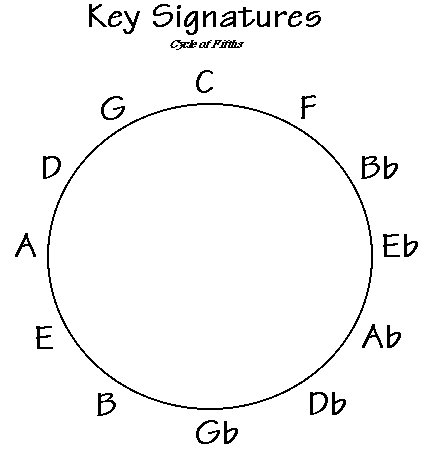Today was my wife’s birthday, and we celebrated by going to the Colorado Renaissance Festival. We had a great time, and saw Ded Bob and his dummy smuj for the first time in a couple of years. (Evidently Bob’s not very happy with the “cheap bastards” and the “golf claps” at the Colorado Renaissance Festival. All I can say is that I contributed my $5 …)
We also saw Rick Stratton’s hypnotist show, and I was one of the subjects chosen to get on stage under hypnosis. I had mentioned to my wife before the show that I wanted to be hypnotized, and it came through. For me, the most interesting revelation about stage hypnosis was that it was old hat. I’ve been in that state many times; I just didn’t know it was hypnosis. I’ve done enough meditation and visualization exercises that it was easy for me to drop into a deep relaxation; the big difference between the stage hypnosis and the visualizations I’ve done before is that I was not being directed to do things under the visualizations.
Here are a few observations about stage hypnosis as I experienced it.
1.) I was fully conscious of everything going on around me at all times. When I was “asleep” and limp on the stage, I was not really asleep, just relaxed enough not to care what position I was in or who I was leaning on.
2.) I was fully able to choose whether to do anything that Stratton suggested, and in fact I don’t perform a couple of the actions that he suggested to us because they were against my basic nature. However, I did not feel resistance to most of the suggestions, even though they were not things I would do under normal circumstances.
3.) If I had been in the audience, I would have been rolling on the ground laughing. However, on stage, I did not laugh at the hilarious things going on around me (except when Stratton planted a suggestion about laughter.) I was definitely in a different state of consciousness in which my interpretation of humor had changed.
4.) I was very tired and a little out of it for about an hour afterward, despite Stratton’s suggestion that I would feel awake and refreshed. I felt drained.
I’ll add more observations as I think about them.
Later in the evening, I managed to squeeze in some time to critique the chapters for the Old Possum’s Writing Group tomorrow.

